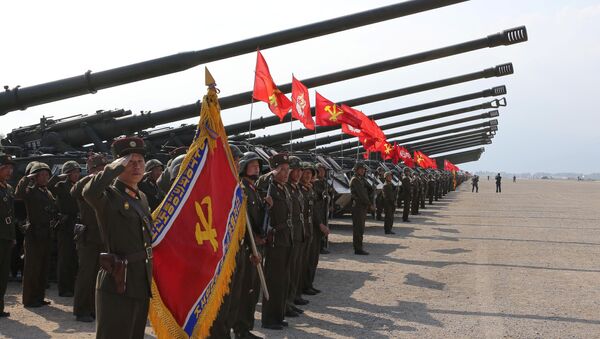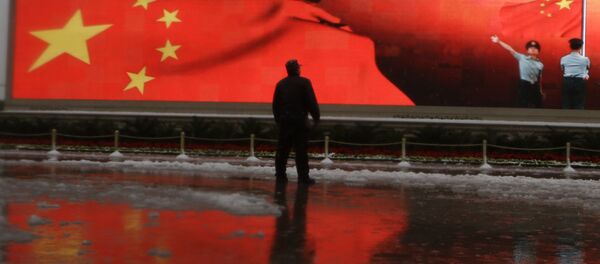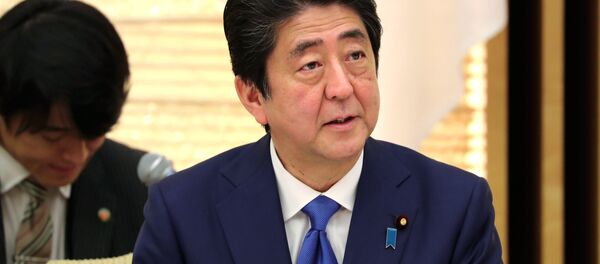On Thursday, US President Donald Trump said that a "major conflict" with North Korea is possible amid increasing tension in the Korean Peninsula.
"There is a chance that we could end up having a major, major conflict with North Korea. Absolutely," Trump told the Reuters news agency.
Andrew O'Neil, Dean and Professor of Political Science in the Griffith Business School at Australia-based Griffith University, pointed out that Trump's lack of political experience and tendency to "think out loud" can sometimes result in very open statements.
"We're seeing him learning, slowly but surely, how intrinsically difficult it to frame a consistent policy approach towards North Korea," O'Neil said.
"I think the real risk in all of this is not so much premeditated use of force, I think the risk is that both leaders will find themselves in a situation where they are perhaps a little too confident in their own ability to manage a crisis situation."
"I think the risk for the Trump administration is that the President's rhetoric leaves him with very few options. So, if the North Koreans do undertake a missile or nuclear test or another form of military provocation on the peninsula, President Trump will come under tremendous pressure to do something, to act in a very tangible way beyond UN Security Council resolutions."
"At that point, there is a risk that he will perhaps take what he sees to be some low-level military action against the North Koreans but which will be perceived in Pyongyang as the opening phase of a full-scale military strike by the US."
"Of course, the risk there is that the North Koreans will act pre-emptively and strike US targets in Japan or possibly further afield but certainly, the major risk is that the North Koreans will seek to strike targets in South Korea."
"The North Koreans have made it clear on many occasions that they are fully committed and willing to fight a war in relation to the protection of nuclear weapons and long-range missile programs so I just don't see any prospect of the North Koreans changing their policy position."
"The US under the Obama administration was basically committed to a holding pattern, it wasn't going to force the issue with the North Koreans. The Trump administration has adopted a different view, it is looking to force the issue, at least in rhetorical terms."
"The Trump administration's position is that de-nuclearization of the peninsula is necessary and they won't be happy with anything short of that."
Tensions between North Korea and the US have increased in recent months, after Washington changed decades of policy and expressed its willingness to start a military conflict with North Korea in response to its missile launches and nuclear tests.
For its part, Pyongyang has vowed to continue with its nuclear and missile tests to counter what it calls "US hostile acts" in the region.
The US has also carried out joint exercises with South Korea and on Thursday said it plans to activate the THAAD missile defense system within days.
North Korea's most recent ballistic missile test was a failed attempt on April 16. It also showed off ballistic missile systems during a military parade to mark the country's most important national holiday on April 15. Pyongyang has also carried out five nuclear tests, most recently in September 2016.
On Thursday, China proposed that Washington, Pyongyang and Seoul de-escalate tensions in the Korean peninsula, insisting that the US and South Korea must end joint military exercises and that North Korea, simultaneously, must halt all nuclear and ballistic weapons development.
"China proposed the simultaneous suspension of North Korea's activities to develop nuclear weapons and missiles, and the suspension of large-scale military exercises," Maj. Gen. Shao Yuanming said at the VI Moscow Conference on International Security on Thursday.
Have you heard the news? Sign up to our Telegram channel and we'll keep you up to speed!





